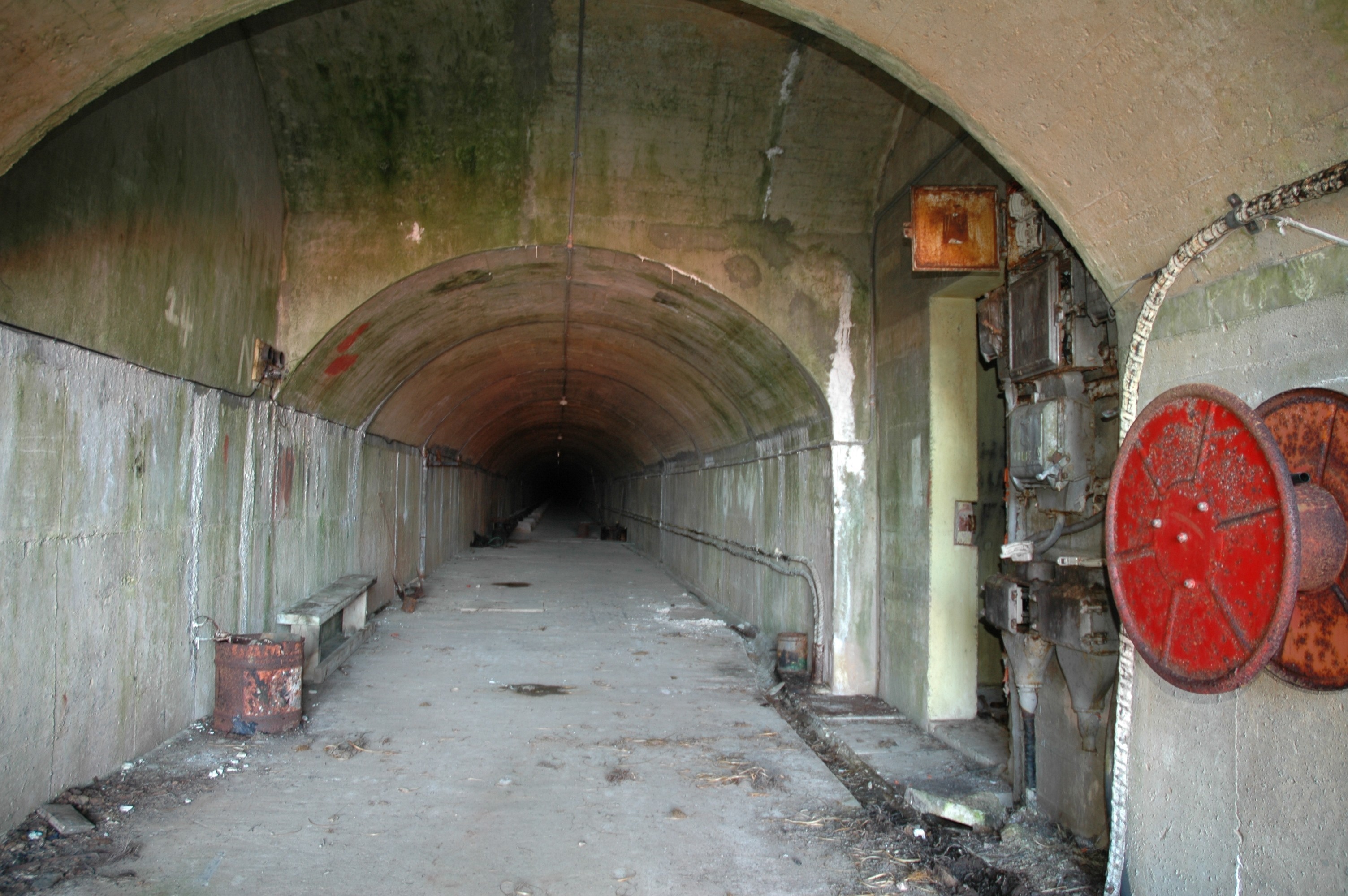A Banffshire company wants to bring wartime oil tanks in Orkney back into action as a modern-day fuel distribution base.
Orkney Islands Council has allowed Northern Oils the opportunity to investigate whether the tanks – built inside a hill on the island of Hoy – can be used to store and supply marine gas oil.
Six tanks were tunnelled into the hillside above Lyness during the World War II to give protection from air raids.
They held up to 114,000 tonnes of fuel oil for supply to British and Allied warships stationed in Scapa Flow.
Michael Morrison, business development manager with Orkney Marine Services, said: “It was a tremendous feat of engineering and, 60 years later, they appear to be in remarkably good condition,”
“We’ve been in discussion with Northern Oils about the tanks’ potential as a base for the storage and distribution of marine gas oil for modern-day shipping.
“It’s an exciting concept we were keen to explore. The proposal is for the company to spend up to year on detailed investigations into the viability of the project – we look forward to the outcome of the work they will now carry out.”
David Wood, managing director of Lintmill-based Northern Oils, said: “Orkney is an ideal location for us to establish a fuel distribution hub supplying customers in the UK, Ireland, Scandinavia, Iceland and the Faroe Islands.
“Over the coming months we will investigate the logistics of giving these wartime assets a new lease of life.
“There are other options we will consider, but the fact that the tanks are already in place makes Lyness an attractive proposition. Potentially, they could be in operation in a much shorter time than at some of the other locations we are looking at.
“We are very aware that these tanks represent an important historical link with World War II. We would be delighted if these national assets from the past could once again carry out the function they were originally built for – but this time in the 21st century.”
The company intends to discuss its plans with the local community at an early stage as part of the work it will undertake at Lyness.
